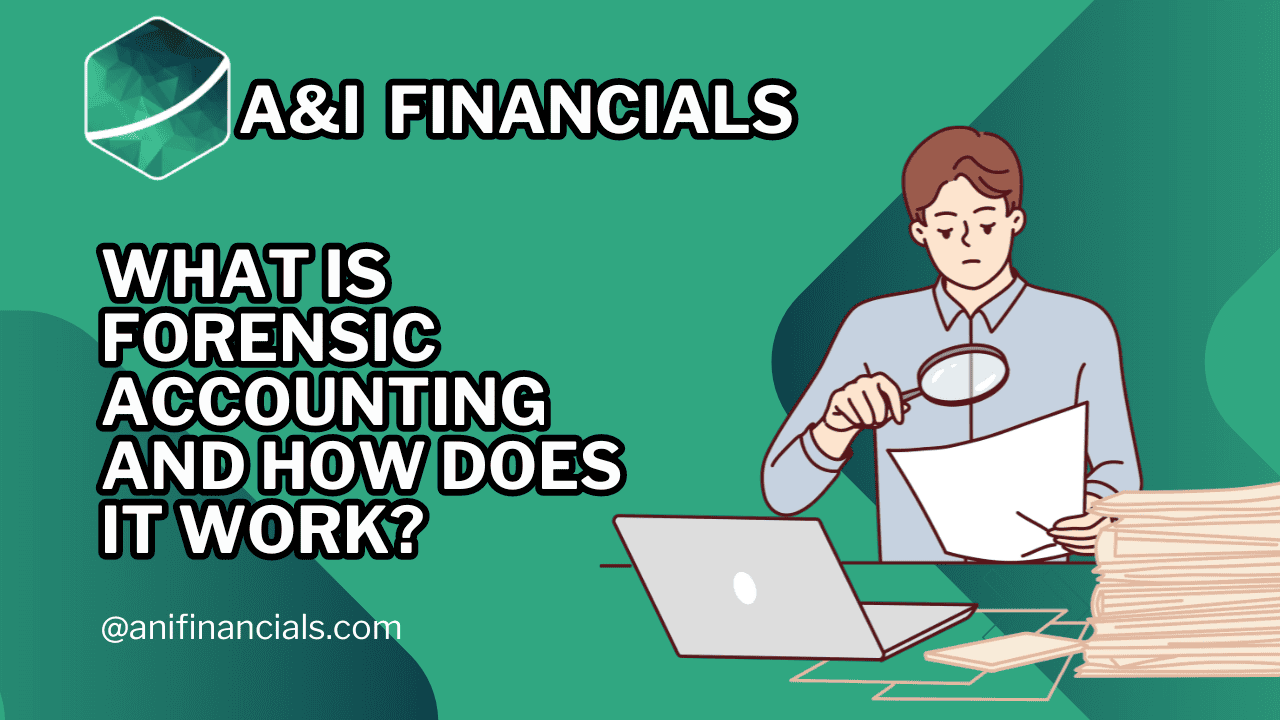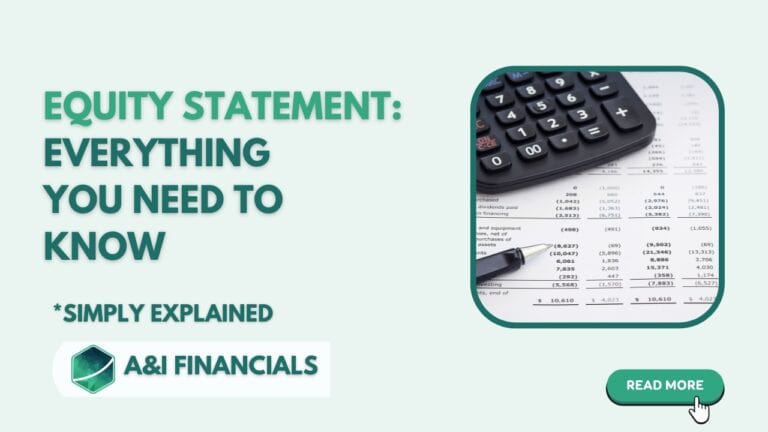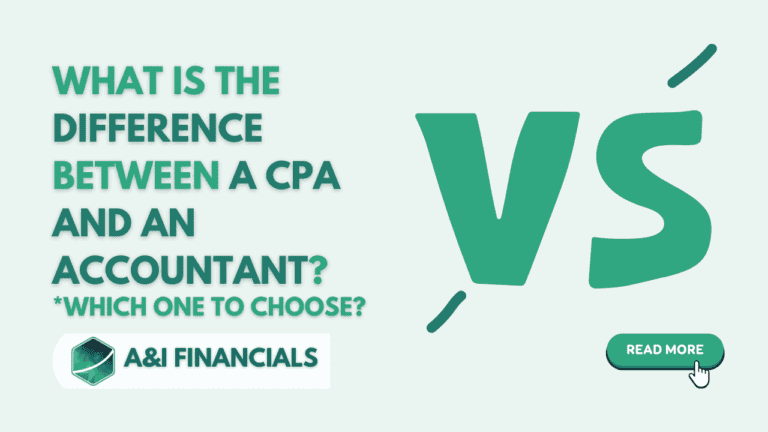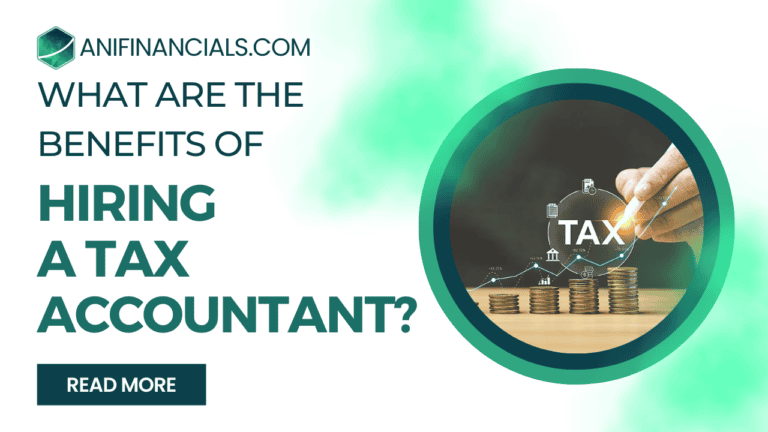What is Forensic Accounting and How Does It Work?
If you’ve ever wondered how forensic accounting fits into the world of finance and law, you’re not alone. Forensic accounting is like the detective work of the accounting world, combining financial expertise with investigative skills to uncover fraud, embezzlement, and other financial crimes. So, what is forensic accounting and how does it work? It involves the use of accounting techniques to investigate financial discrepancies and support legal cases. Let’s dive into this fascinating field and explore how forensic accounting works.
The Basics of Forensic Accounting
Forensic accounting is a specialized area of accounting that involves investigating financial records and transactions to detect and prevent fraud and financial crimes. Think of it as CSI for financial data. Forensic accountants, who often hold titles like Certified Public Accountant (CPA) or Certified Fraud Examiner (CFE), play a critical role in law enforcement agencies, corporate investigations, and legal proceedings.
Forensic accounting is all about uncovering the truth hidden within complex financial statements. These professionals dig deep into financial data to identify discrepancies, uncover hidden assets, and piece together evidence that can be used in court. But how exactly does this process work?
How Forensic Accounting Works
Forensic accounting involves several key steps, each crucial to building a strong case. Here’s a breakdown of the typical process:
- Initial Assessment
When a forensic accountant is brought onto a case, the first step is to conduct an initial assessment. This involves meeting with the client, understanding the scope of the investigation, and gathering preliminary information. The accountant will look at financial statements, internal controls, and any existing evidence of fraud or financial irregularities.
- Planning the Investigation
Once the initial assessment is complete, the forensic accountant will develop a detailed investigation plan. This plan outlines the specific steps to be taken, the timeline for the investigation, and the resources needed. It also identifies key areas of focus, such as potential fraud schemes, asset tracing, and financial statement analysis.
- Collecting Evidence
The heart of any forensic accounting investigation is collecting evidence. This involves reviewing financial records, interviewing employees and witnesses, and analyzing financial data. Forensic accountants use various tools and techniques to gather evidence, including forensic data analytics, digital forensics, and traditional accounting methods.
- Analyzing Financial Data
Once the evidence is collected, the forensic accountant will analyze the financial data to identify patterns and anomalies. This step often involves complex financial analysis, such as comparing financial statements over time, tracing the flow of funds, and identifying suspicious transactions. The goal is to uncover any evidence of financial misrepresentation, fraud schemes, or other irregularities.
- Reporting Findings
After the analysis is complete, the forensic accountant will compile their findings into a detailed report. This report is often used as evidence in legal proceedings and can be presented in court. Forensic accountants may also provide expert witness testimony to explain their findings and support the case.
- Supporting Litigation
Forensic accountants play a critical role in litigation support. They work closely with attorneys to build a strong case, provide expert testimony, and help prepare for trial. Their expertise in financial investigation and fraud examination is invaluable in legal proceedings, particularly in cases involving white-collar crime, embezzlement, and money laundering.
Practical Applications of Forensic Accounting
Forensic accounting is used in a wide range of situations, from corporate fraud investigations to insurance claims and regulatory compliance. Here are some common applications:
- Fraud Detection and Prevention
One of the primary roles of forensic accountants is to detect and prevent fraud. This involves identifying internal and external fraud schemes, assessing fraud risk, and implementing internal controls to prevent future incidents. Forensic accountants often work with companies to develop fraud prevention programs and conduct fraud risk assessments.
- Litigation Support
Forensic accountants provide critical support in legal cases, particularly those involving financial disputes, bankruptcy and insolvency, and economic damages. They analyze financial records, provide expert witness testimony, and help attorneys build strong cases. Their expertise is essential in cases involving complex financial issues and accounting irregularities.
- Corporate Investigations
In the corporate world, forensic accountants are often called upon to investigate allegations of corporate fraud, embezzlement, and financial misrepresentation. They conduct thorough financial investigations, trace assets, and uncover hidden financial information. Their findings can be used to hold individuals accountable and recover stolen assets.
- Insurance Claims
Forensic accountants also play a key role in insurance claims, particularly those involving complex financial issues. They analyze financial data to determine the value of claims, identify potential fraud, and support the claims process. Their expertise is crucial in cases involving large financial losses and disputed claims.
- Regulatory Compliance
Forensic accountants help companies comply with regulatory requirements by conducting forensic audits, identifying compliance issues, and implementing corrective measures. They work with regulatory agencies to ensure that companies adhere to financial regulations and prevent financial crimes.
Career Paths in Forensic Accounting
A career in forensic accounting can be both rewarding and challenging. Forensic accountants often work for law enforcement agencies, accounting firms, and private companies. They may also work as independent consultants or expert witnesses.
- Education and Certification
To become a forensic accountant, you’ll typically need a degree in accounting or finance, along with specialized training in forensic accounting. Many forensic accountants also hold certifications such as Certified Public Accountant (CPA) or Certified Fraud Examiner (CFE). These certifications demonstrate expertise in accounting and fraud examination and are highly valued in the field.
- Skills and Qualifications
Forensic accountants need a strong foundation in accounting principles, as well as skills in financial analysis, fraud detection, and investigative techniques. They must be detail-oriented, analytical, and able to think critically. Strong communication skills are also essential, as forensic accountants often work with attorneys, law enforcement, and other stakeholders.
- Job Outlook and Salary
According to the Bureau of Labor Statistics (BLS), the job outlook for forensic accountants is positive, with steady demand for professionals in this field. Salaries for forensic accountants can vary based on experience, location, and industry, but they tend to be competitive. Many forensic accountants also enjoy the satisfaction of solving complex financial crimes and making a difference in their work.
Real-World Examples of Forensic Accounting
Forensic accounting is often in the spotlight due to high-profile cases of financial fraud and corporate scandals. Here are a few notable examples:
- Enron Scandal
The Enron scandal is one of the most infamous cases of corporate fraud in history. Forensic accountants played a key role in uncovering the massive accounting fraud that led to the company’s collapse. They traced the flow of funds, analyzed financial statements, and identified the complex financial schemes used to hide Enron’s true financial condition.
- Bernie Madoff Ponzi Scheme
The Bernie Madoff Ponzi scheme is another high-profile case where forensic accounting was crucial. Forensic accountants helped uncover the massive fraud, tracing the flow of funds and identifying the false financial statements used to deceive investors. Their work was essential in recovering assets and prosecuting those involved.
- WorldCom Scandal
The WorldCom scandal involved one of the largest corporate frauds in history, with billions of dollars in fraudulent accounting entries. Forensic accountants were instrumental in uncovering the fraud, analyzing financial data, and identifying the accounting irregularities used to inflate the company’s earnings. Their findings led to the prosecution of top executives and significant regulatory changes.
Conclusion
What is Forensic Accounting and How Does It Work? Forensic accounting involves examining financial records and transactions to identify discrepancies, gather evidence, and present findings in a legal context. This discipline helps in detecting fraudulent activities and supporting legal cases with precise financial analysis.
If you’re interested in a career in forensic accounting, there are many opportunities to make a difference and solve complex financial puzzles. With the right education, skills, and certifications, you can embark on a rewarding career as a forensic accountant and help uncover the truth hidden within financial data.
So, next time you hear about a major financial scandal or corporate fraud case, remember the forensic accountants working behind the scenes to uncover the truth and bring justice to the world of finance.






